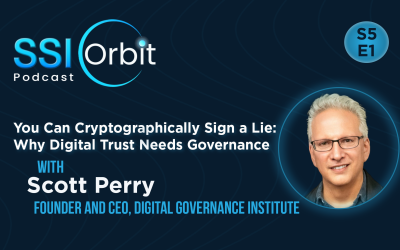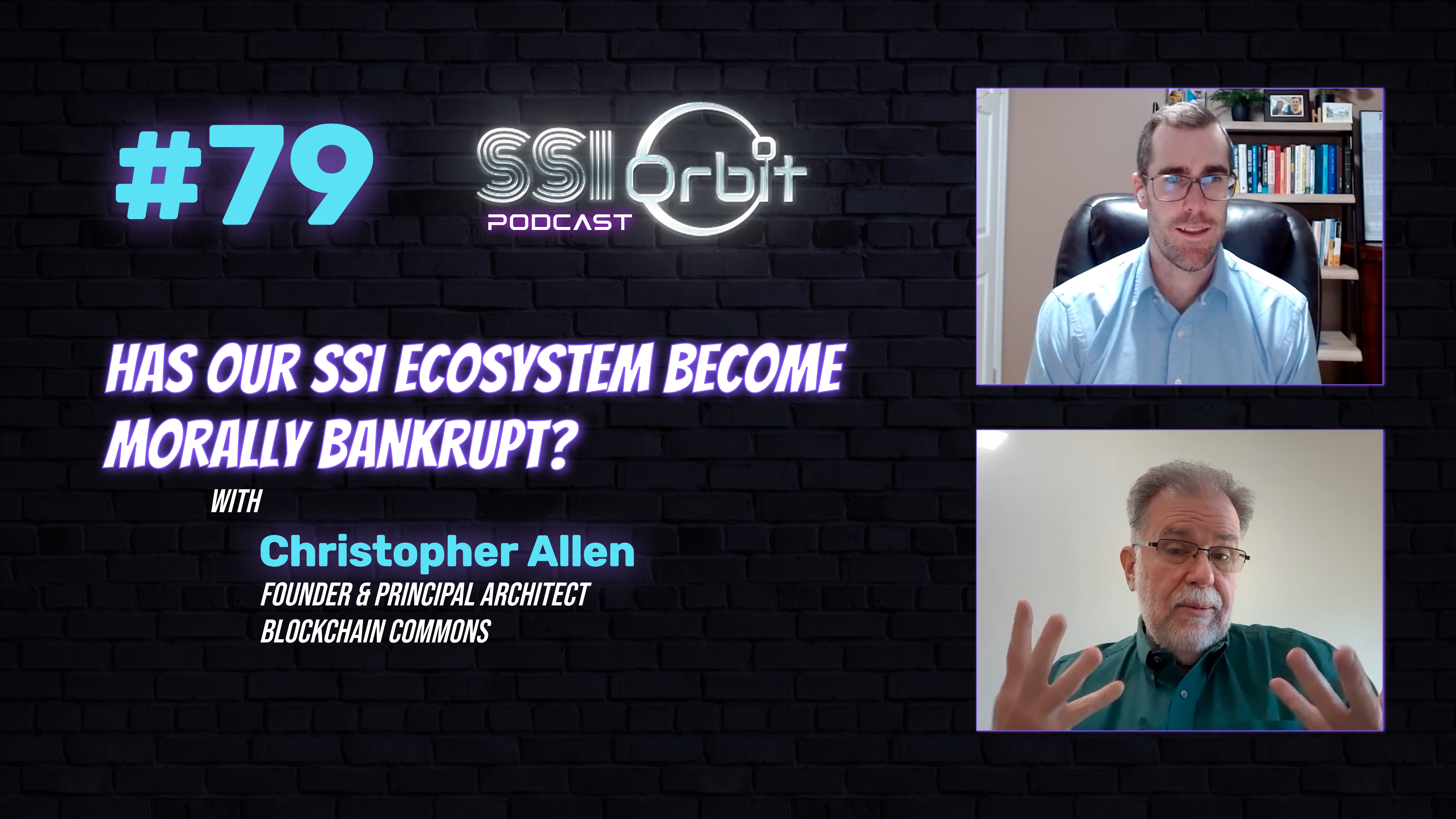About Podcast Episode
Is history repeating itself or if we’re operating in a context that we’re just not aware of?
Looking throughout history was a helpful lens that Tim and I took throughout this conversation to come up with some interesting thoughts to help answer the above question.
- Whoever owns the ledger has the power.
- Ledgers are records of knowledge.
- Knowledge can be described as claims or balances.
- The administration of the claims (e.g., Identity) and balances (e.g., Money) shifts between centralized and decentralized over time.
- Technology advancements shift the dispersion of knowledge, which shifts power dynamics.
As Mark Twain once said that “History never repeats itself, but it does often rhyme.”
We’re hopeful that this conversation can help us understand the present a bit better, while helping us foresee where things are heading in the future.
In this podcast episode with Tim Bouma, we discuss,
- Why is understanding your context and others’ contexts important important to prioritize in life?
- How Tim’s new mental model has helped him better understand context, identity, trust and more (model linked below in resource section).
- The relationship between roots of trust and the centralization/decentralization of societal administration.
- How we can look at life through two realms: the physical and imaginary realms. How have these two realms evolved throughout history.
- The origin of personal names!
- Understanding how registries of claims and balances work and are managed.
- How the transfer/unlocking of new knowledge has been a catalyst for power dynamic shifts throughout history.
- Why architectures are important in shaping culture, beliefs, values, intentions, etc.
- Should we focus less on identity and more on context?
- How the separation of cryptography-driven protocols from applications shifts knowledge, which in turn shifts power dynamics.
Some links to resources that were discussed during this podcast:
-
Nostr podcast referred to: https://youtu.be/GU37FW5M83Q
About Guest

Tim Bouma is the Director of Verification and Assessments at the Digital Governance Council, a Canadian non-profit organization dedicated to developing standards for the Canadian Digital Ecosystem. Tim’s current area of focus is developing conformity assessment schemes for standards related to digital trust identity.






